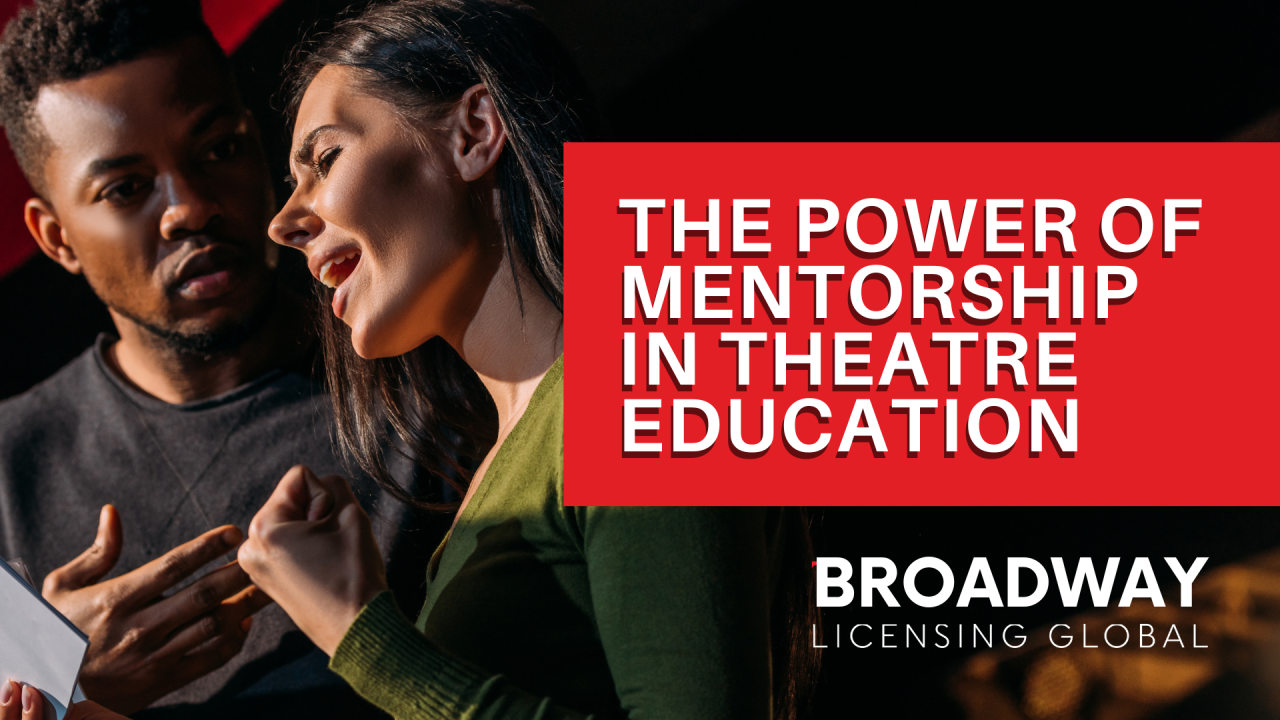Theatre, an art form that thrives on collaboration and shared experiences, often transcends the confines of a traditional classroom. In this dynamic world, the role of mentorship emerges as a cornerstone, not only for students but also for new educators navigating the intricate landscape of theatre education. This article delves into the significance of mentorship in theatre and offers practical advice on fostering these invaluable relationships.
Forging Futures: Mentorship for Students
The journey of a student in theatre is often marked by exploration, experimentation, and self-discovery. A mentor, in this context, is more than just a teacher or guide; they are a catalyst for growth, inspiring confidence and creativity. Through one-on-one interactions, mentors provide personalized feedback, push boundaries, and open doors to new opportunities and networks. This nurturing environment allows students to develop their unique voice, explore various aspects of theatre, and gain practical, hands-on experience.
Nurturing the New: Mentorship for Educators
For new educators, the terrain of theatre education can be as exhilarating as it is challenging. A seasoned mentor can be an invaluable ally, offering insights drawn from years of experience. They can guide new educators through the nuances of curriculum development, classroom management, and the integration of innovative teaching methods. Perhaps most importantly, they offer emotional support and encouragement, which is crucial in a field as dynamic and emotionally demanding as theatre.
Cultivating Connections: How to Foster Mentorship Relationships
- Open Communication: Encourage open dialogue between potential mentors and mentees. Regular check-ins and feedback sessions can establish trust and understanding.
- Structured Programs: Implement structured mentorship programs within your institution. Pairing seasoned professionals with newcomers or advanced students with beginners can formalize the mentorship process.
- Networking Opportunities: Facilitate networking events where educators and students can interact with industry professionals. Workshops, guest lectures, and social events can provide platforms for these connections.
- Mutual Learning: Emphasize that mentorship is a two-way street. Encourage mentors to remain open to learning from their mentees, fostering a culture of mutual respect and growth.
- Feedback and Reflection: Regularly solicit feedback from both mentors and mentees to continually refine and improve the mentorship experience.
The power of mentorship in theatre education cannot be overstated. It shapes careers, nurtures talent, and builds a supportive community that extends far beyond the stage. By actively cultivating these relationships, we not only enrich individual experiences but also strengthen the very fabric of the theatre education community.






